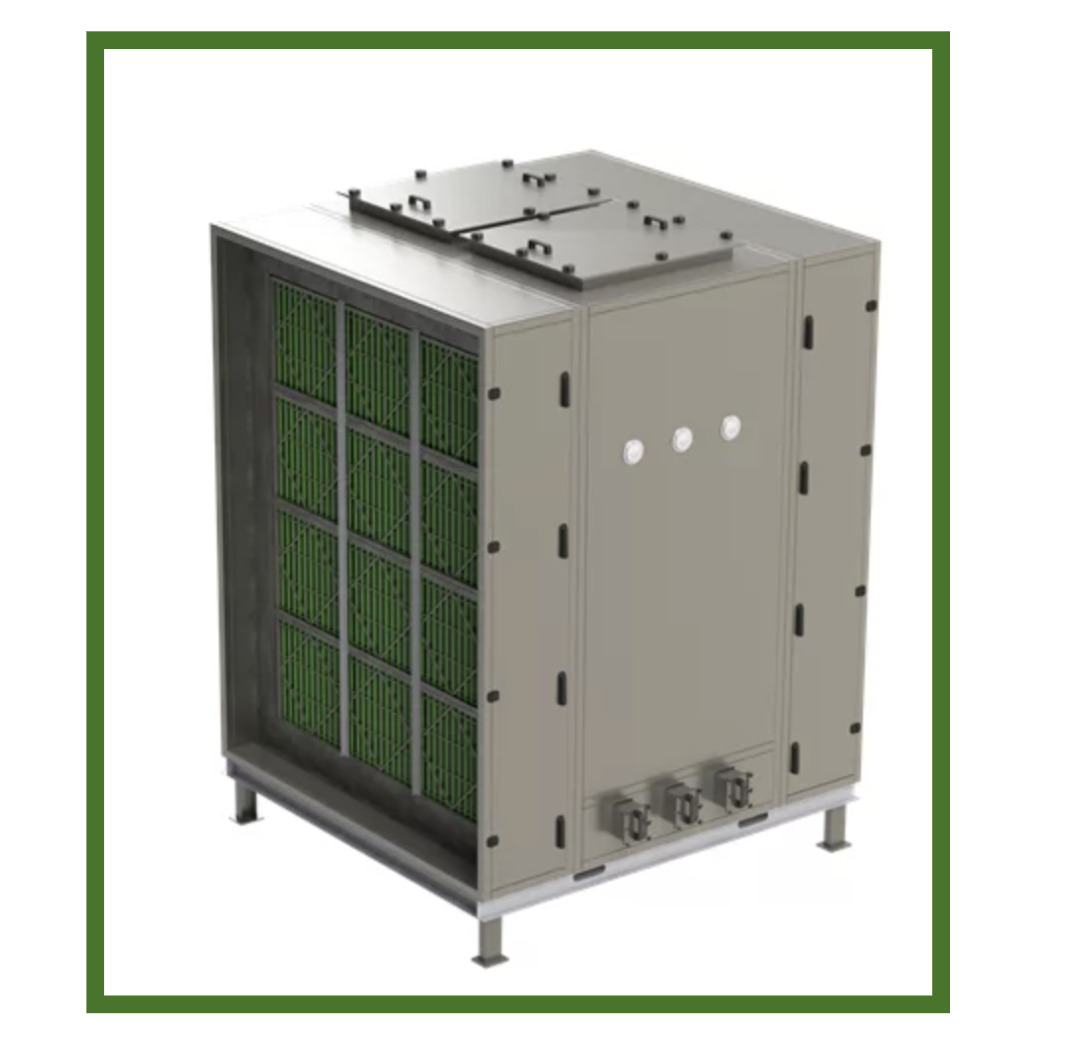What Are the Effects of Corrosion? Camfil Air Filters Canada
Commercial and industrial air filtration experts from Camfil Canada explain the link between air pollution and corrosion, which impacts major structures and every day life for Canadians.
Camfil Canada Air Filters Company - -- The chemical process of corrosion occurs when materials interact with their surrounding environments, causing materials to slowly deteriorate over time. The most common form of corrosion is atmospheric corrosion, which is the corrosion that occurs when materials are exposed to air. Although corrosion is usually associated with metals and metal alloys (such as iron, steel, copper, and aluminum), all materials, both natural and man-made, are susceptible to one form of corrosion or another.

Solution by Camfil: Ideal for supplying air in corrosion control applications and heavy process industries. >> Learn more here:
Corrosion in Canada
Corrosion can have disastrous effects on large structures such as buildings, monuments, and bridges, but it can also affect everyday objects such as cars, backyard grills, outdoor furniture, and household tools. Furthermore, corrosion degrades essential infrastructure such as electrical towers, steel-reinforced highways, bridges, and parking structures.
Rust — A Common Form of Corrosion
One of the most common — and well-known — forms of corrosion is rust. Rust occurs when iron (or iron alloys, such as steel) are exposed to both oxygen and water, leading to a chemical reaction known as oxidation. The oxidation of iron is responsible for the reddish-brown deposits often found on the surface of iron objects and structures, which are prone to crumbling and flaking away. Once the surface layer of rust is removed, the exposed iron surface is prone to rust formation. Over time, this process leads to compromises in the integrity of a structure made of iron.
Because there is almost always water present in the air in the form of humidity, rusting can occur as a result of atmospheric corrosion alone.
What Are the Effects of Corrosion?
As one of the least frequently discussed effects of pollution, people often underestimate the impact that corrosion can have on their everyday lives. Left unchecked, corrosion can cause:
Failing household equipment, which leads to major inconvenience as well as costly repairs or replacements.
Harmful pollutants being released into the air by iron corrosion.
In-flight problems on commercial aircraft due to corrosion damage.
Damage to bridge supports, leading to possible bridge failure.
Massive environmental damage due to damage to oil pipelines.
Corrosion vs. Erosion
It is a common mistake to confuse corrosion with erosion. Though the long-term effects may seem similar, corrosion and erosion are two different processes. The key distinction is that corrosion is a chemical process and erosion is a physical process. Corrosion is caused by chemical reactions between a material and its environment that result in long-term degradation of the material. Erosion, on the other hand, is a physical process in which a material is worn away by water, wind, and vegetation.
To find out more about how corrosion caused by air pollution can be prevented with air filtration strategies, read WHAT IS CORROSION AND HOW DOES IT IMPACT PROCESSES IN CANADA by Camfil Canada Commercial air filtration company